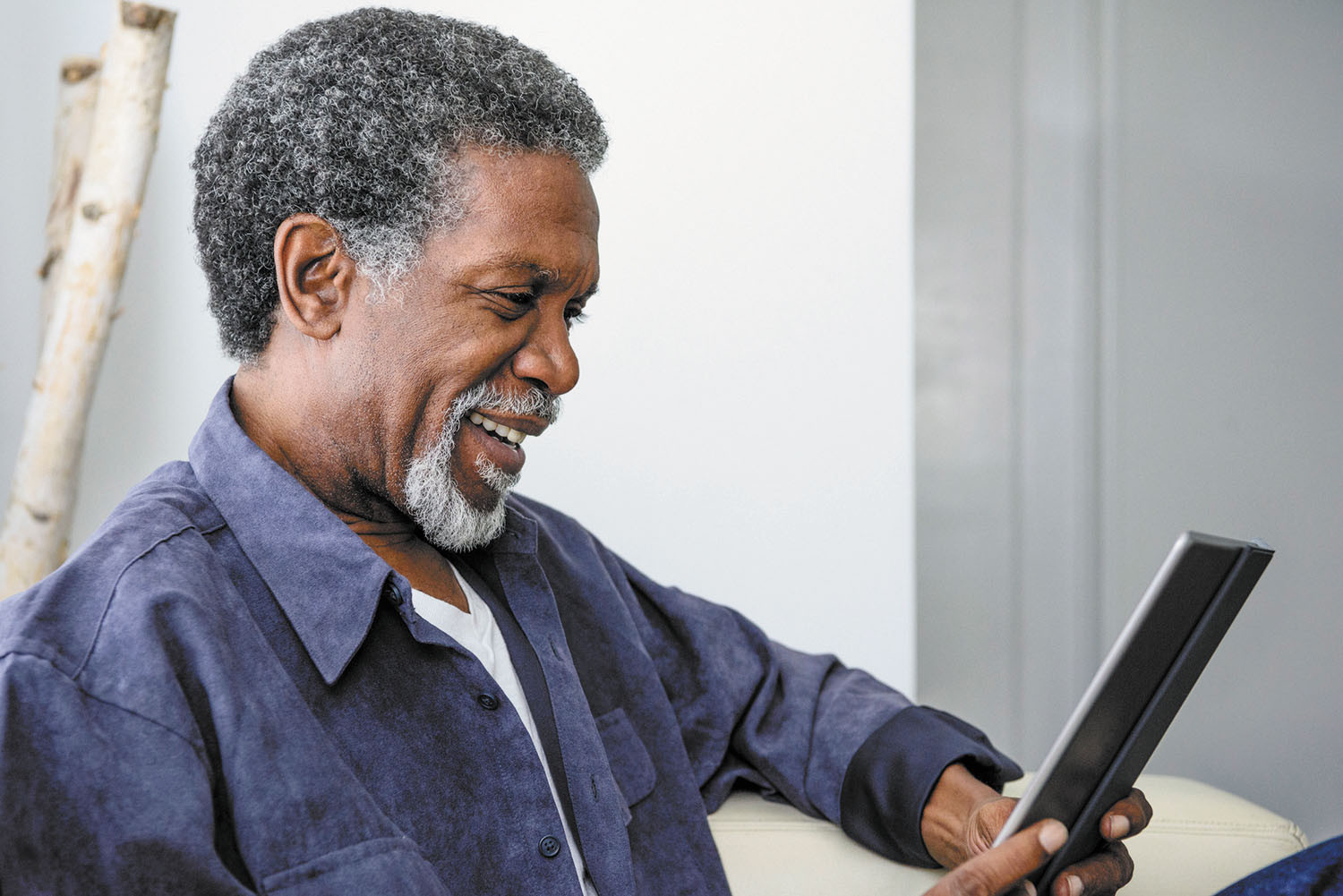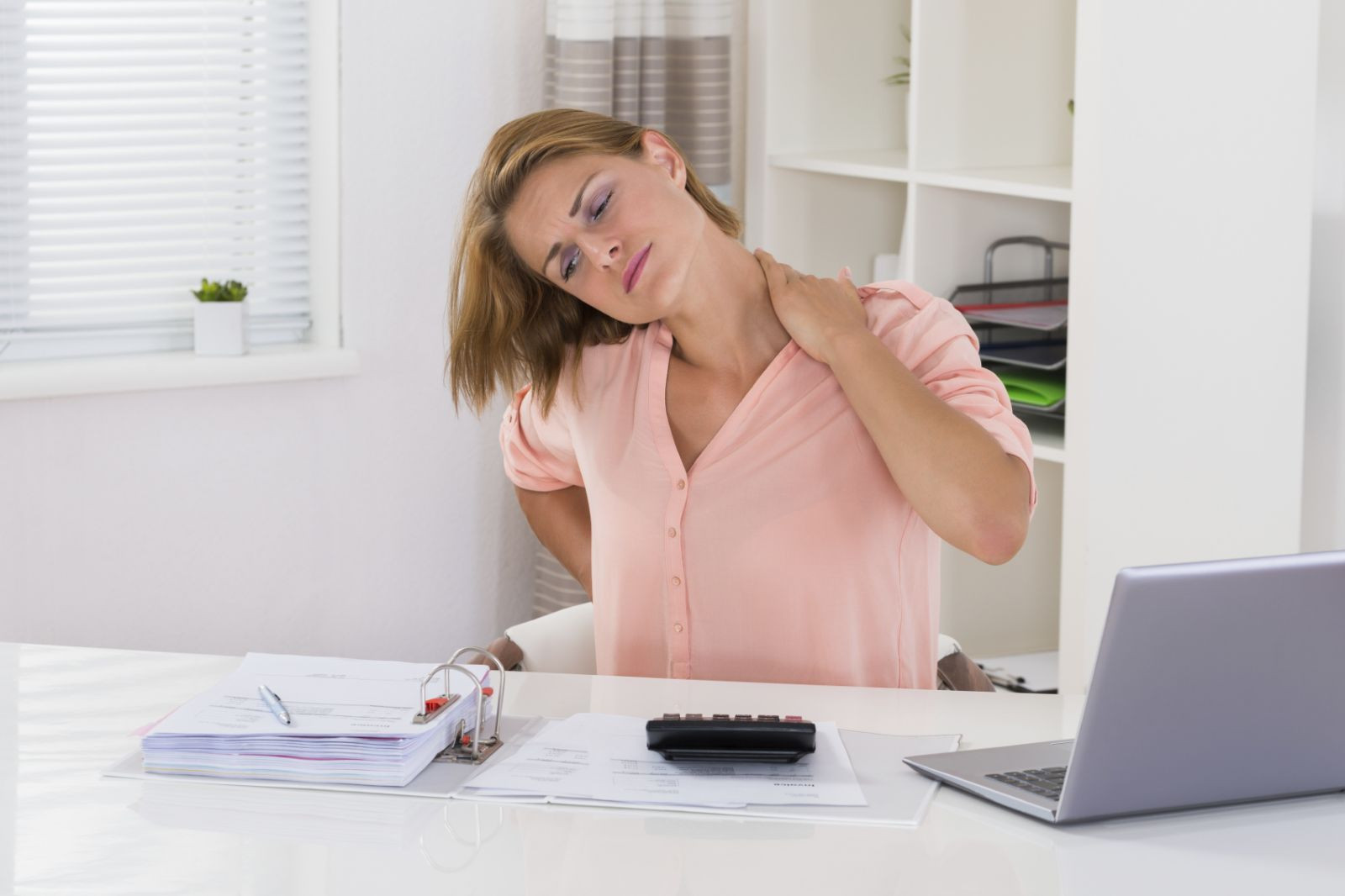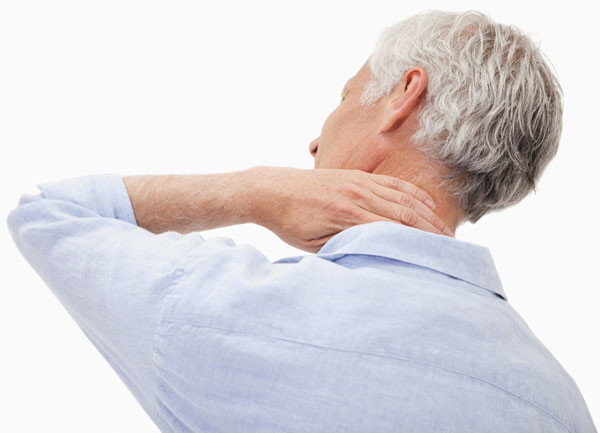
What are somatic workouts?

How to curb your stress eating

How to spot Parkinson’s disease symptoms

8 simple ways to reduce ultra-processed foods in your diet

Heart failure symptoms in women: How they’re different

GERD diet: Foods to avoid to reduce acid reflux

Strong is the new skinny

Everyday habits that sneakily weaken your bones

Don’t wait to get help for back pain

Correcting how you walk may ease osteoarthritis knee pain
Neck Archive
Articles
The surprising side effects from using technology
Repetitive motion and poor posture can lead to aches and pains.
Image: © Johnny Greig/Getty Images
You've mastered the art of texting, emailing, and web surfing on your smartphone and computer. But along with that digital prowess, you've picked up an unexpected side effect.
"We get a number of patients who develop injuries from these activities," says Dr. Tamara Rozental, an orthopedic surgeon who specializes in hand, wrist, and elbow disorders at Harvard-affiliated Beth Israel Deaconess Medical Center.
Do habits cause your neck pain?
Sit up straight, keep electronic screens at eye level, and try some strengthening exercises to reduce pain and feel better.
Looking down at a computer screen for prolonged periods may lead to neck pain.
Image: AndreyPopov/iStock
If your day involves using a smartphone or laptop, reading a book or magazine, or curling up on a couch to watch TV, your day may also include some nagging neck pain. That's because you may be bending your body in an unhealthy position for a prolonged period of time. "It's an overuse injury. Your body was designed to move, but you're forcing your neck and shoulders into one static position for too long," says Dr. Clare Safran-Norton, a physical therapist and clinical supervisor of rehabilitation services at Harvard-affiliated Brigham and Women's Hospital.
Turn away from neck pain
Poor lifestyle habits can trigger chronic neck pain that impedes daily activities and raises your risk of serious health issues.
Muscle strains caused by poor posture and sleeping positions often trigger neck pain.
Image: wavebreakmedia/Thinkstock
Neck pain is a nagging ailment that affects everyone at some time. In fact, approximately 80% of people experience neck pain during their lifetime, and 20% to 50% deal with it annually, according to Dr. Frank Pedlow, an orthopedic spine surgeon at Harvard-affiliated Massachusetts General Hospital.
Acupuncture and Alexander Technique help relieve chronic neck pain
Troubled by long-term neck pain? Acupuncture and the Alexander Technique may offer relief, says a study in the Nov. 3, 2015, issue of the Annals of Internal Medicine.
British researchers recruited 517 patients who suffered from neck pain for an average of six years. They were randomly placed in three groups: one got up to 20 half-hour Alexander Technique lessons, the second had up to a dozen 50-minute sessions of acupuncture, and the third group received standard treatments, such as medications and physical therapy.
Neck pain: Core exercises can help
Neck aches are often the result of wear and tear, poor posture, and weak core muscles. Image: Thinkstock |
Better support for your spine is key in avoiding neck ache.

What are somatic workouts?

How to curb your stress eating

How to spot Parkinson’s disease symptoms

8 simple ways to reduce ultra-processed foods in your diet

Heart failure symptoms in women: How they’re different

GERD diet: Foods to avoid to reduce acid reflux

Strong is the new skinny

Everyday habits that sneakily weaken your bones

Don’t wait to get help for back pain

Correcting how you walk may ease osteoarthritis knee pain
Free Healthbeat Signup
Get the latest in health news delivered to your inbox!
Sign Up






